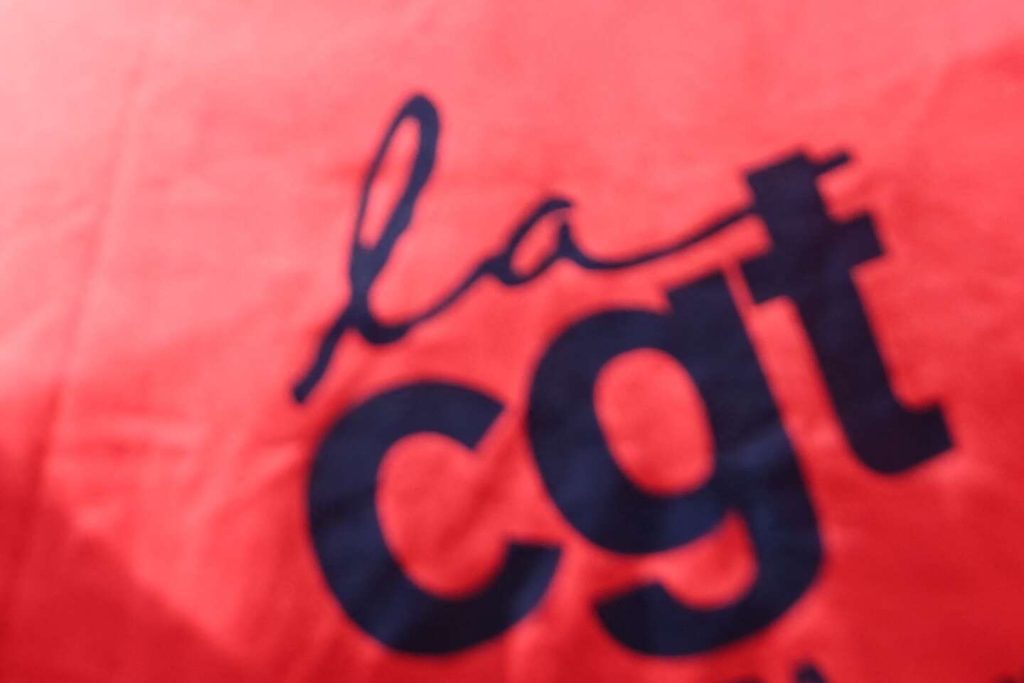The criminal court of Lille sentenced the Secretary General of the CGT Union in the Nord region, Jean-Paul Delescaut, to one year of suspended imprisonment for “apology for terrorism.” This decision came after the distribution of a leaflet supporting the Palestinians by the union on October 10, 2023, three days after the Hamas attack on Israel. The court found that the statements in the leaflet downplayed the actions of the attackers and reversed the roles of victims and perpetrators of terrorist acts.
The leaflet, which was collectively written and published under the responsibility of Mr. Delescaut, was criticized for not explicitly condemning the attacks on October 7. The court expressed concerns about the potential consequences of such statements in France, where a majority of anti-Semitic acts are linked to the conflict between Israel and Palestine. However, Mr. Delescaut was acquitted of charges of inciting hatred or violence.
The Secretary General of the CGT, Sophie Binet, condemned the court’s decision as “shameful” and a serious infringement on freedom of expression. The Member of Parliament from La France insoumise, Ugo Bernalicis, also criticized the judgment as a negative signal for freedom of expression on the sensitive topic of the Israel-Palestine conflict. Mr. Delescaut was ordered to pay 5,000 euros in damages to the European Jewish Organization, a civil party in the case, for moral harm. His lawyers announced plans to appeal the decision.
During the trial on March 28, the prosecutor argued that the leaflet was a justification of mass violence under the guise of historical analysis. Support from Sophie Binet and the leader of LFI, Jean-Luc Mélenchon, was present at the trial to support Mr. Delescaut. The CGT of the Nord region denounced the court’s decision as a severe attack on unionism. Mr. Delescaut was absent during the verdict, and his lawyers declined to comment, stating only that their client would appeal the decision.
The case has sparked controversy and debate about the boundaries of freedom of expression in relation to the Israel-Palestine conflict. Critics argue that the court’s decision sets a dangerous precedent for restricting speech on this highly contentious issue. The CGT and political figures on the left have expressed concern over the implications of the ruling on civil liberties and the ability to openly discuss and debate sensitive political topics. The appeal process is likely to shed more light on the legal and ethical considerations at play in cases of this nature.


